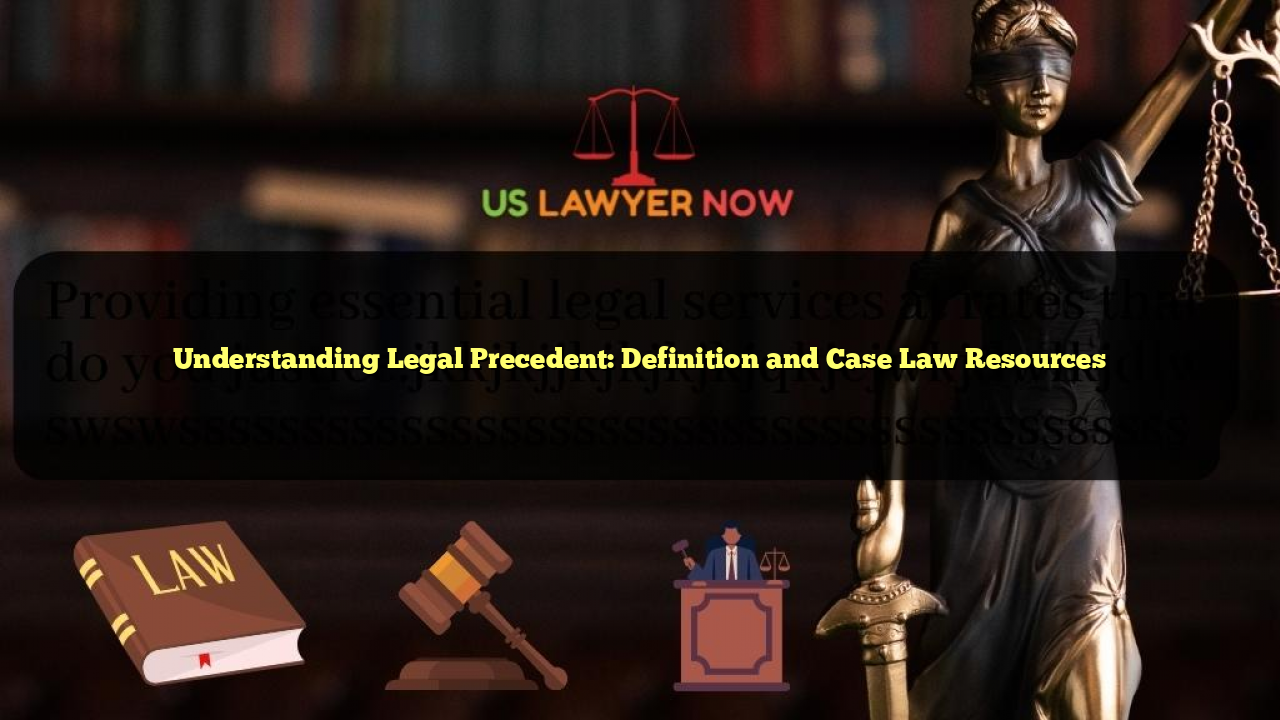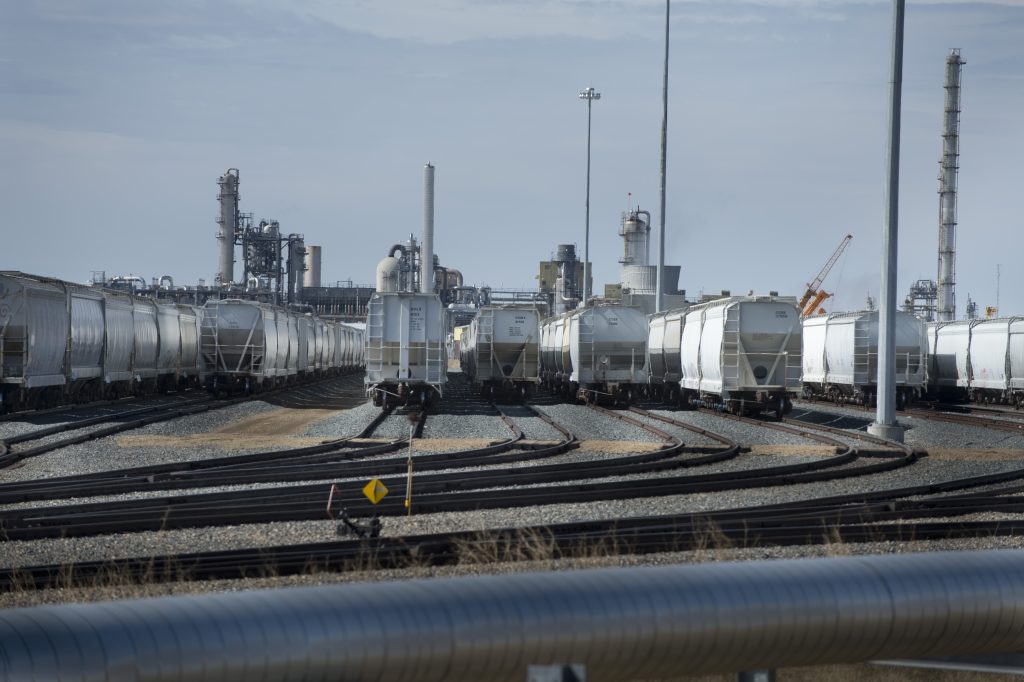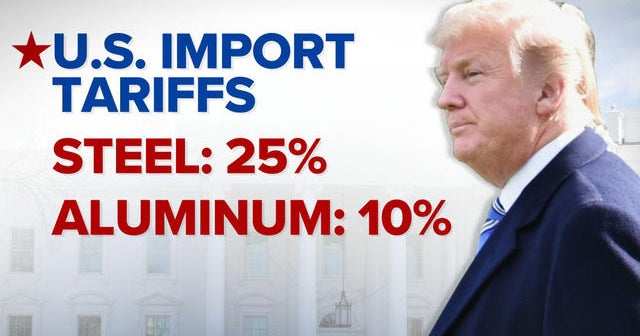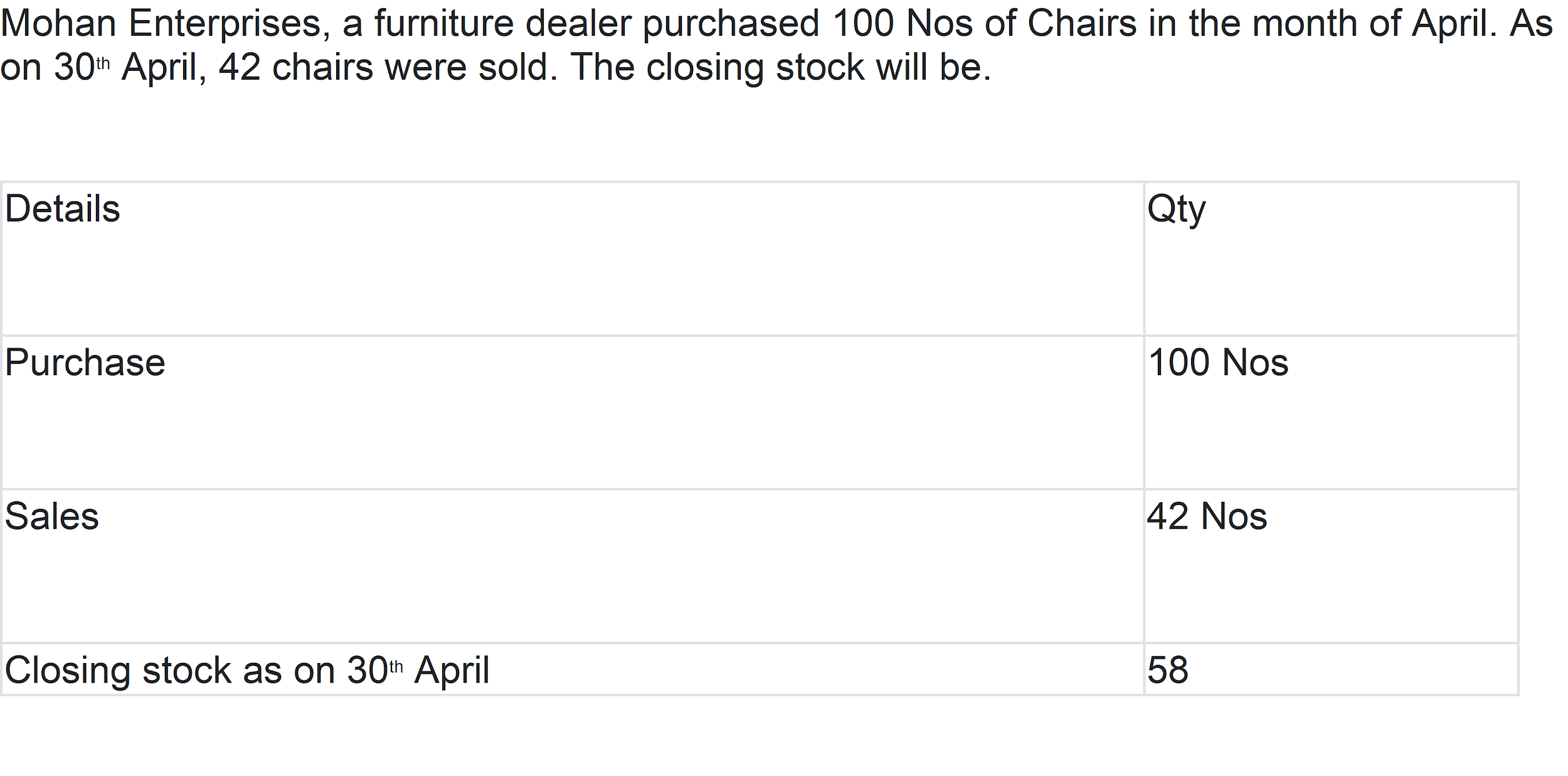Section 230 And Banned Chemicals: New Legal Precedent Set For Online Marketplaces

Table of Contents
The Case That Changed Everything: Understanding the Legal Challenge
The case of Doe v. Acme Online Marketplace (a fictionalized example for illustrative purposes) significantly altered the interpretation of Section 230. The plaintiff, Jane Doe, suffered severe health complications after unknowingly purchasing a banned pesticide from a third-party seller on Acme's platform. Doe alleged negligence on Acme's part, claiming the platform failed to adequately screen listings for prohibited substances and violated various consumer protection laws related to the sale of dangerous goods.
-
Plaintiff's Claims: Doe argued that Acme, despite its claims of being a mere platform, knowingly facilitated the sale of banned chemicals, thereby contributing to her injuries. Her legal team presented evidence suggesting Acme possessed algorithms capable of detecting such products but failed to deploy them effectively. The claim included breaches of implied warranties and negligence in not providing adequate safety warnings.
-
Defendant's Arguments: Acme's defense heavily relied on Section 230 of the Communications Decency Act, arguing they were not liable for the actions of their third-party sellers. They maintained a lack of specific knowledge regarding the illegal sale of this particular pesticide and insisted they had implemented reasonable measures to prevent the listing of such items.
-
Court's Ruling: The court ruled partially in favor of the plaintiff, finding that Acme's reliance on Section 230 was not absolute. The ruling hinged on the concept of "actual knowledge" – the court determined that Acme possessed sufficient evidence indicating the widespread presence of banned chemicals on their platform, implying a level of knowledge surpassing the passive role typically afforded protection under Section 230. This demonstrated negligence on their part for failing to adequately address the problem. The court mandated a significant financial settlement and required Acme to implement stringent product verification processes.
Section 230's Limitations in the Context of Dangerous Goods
This landmark ruling clarified the boundaries of Section 230 immunity regarding the sale of illegal or dangerous products. It established a higher bar for platforms claiming ignorance, shifting the focus from a purely passive role to one requiring proactive measures to prevent the sale of prohibited items.
-
Knowledge Requirements: The new precedent emphasizes the "actual knowledge" requirement. Simply having a system in place to detect banned chemicals is insufficient; platforms must demonstrably use such systems effectively and respond promptly to discovered violations. Passive awareness is no longer a sufficient defense.
-
Where Section 230 Protection Might Still Apply: Section 230 protection remains viable for platforms that demonstrate a genuine lack of knowledge, implemented robust screening mechanisms, and promptly remove flagged products upon notification. This requires demonstrable due diligence and a proactive approach to product safety.
-
Where Section 230 Protection is Likely Lost: Platforms will likely lose Section 230 protection if they are shown to have ignored repeated warnings, turned a blind eye to obvious violations, or failed to implement reasonably available technology to detect and prevent the sale of dangerous goods, including banned chemicals. Evidence of willful negligence or conscious disregard for user safety significantly weakens any claim to Section 230 immunity.
Implications for Online Marketplaces: New Strategies for Compliance
The Doe v. Acme ruling necessitates a significant shift in how online marketplaces operate. To mitigate legal risks and maintain Section 230 protection, platforms must embrace proactive strategies for regulatory compliance.
-
Enhanced Product Screening and Verification Procedures: Platforms need to invest in advanced screening technologies, including AI-driven solutions, to identify banned chemicals and other hazardous products before they are listed. Manual review processes must also be strengthened and supplemented by technological solutions.
-
Improved Seller Vetting and Monitoring Systems: More rigorous vetting of sellers is crucial. This includes verifying seller identities, business licenses, and product certifications. Ongoing monitoring of seller activity is necessary to identify suspicious patterns or violations.
-
Increased Legal and Compliance Costs: The ruling necessitates substantial investments in legal counsel, compliance officers, and technological solutions. These costs will likely be passed on to sellers or reflected in platform fees.
-
Potential for More Proactive Removal of Listed Banned Chemicals: Platforms will need to adopt more aggressive strategies for identifying and removing listings of banned chemicals, even without formal complaints. This proactive approach demonstrates due diligence and reduces the risk of future litigation.
The Role of Artificial Intelligence in Identifying Banned Chemicals
Artificial intelligence and machine learning offer powerful tools for enhancing product screening.
-
Benefits of Using AI for Product Identification: AI can analyze vast amounts of data, including product descriptions, images, and chemical compositions, to identify potential violations with greater speed and accuracy than human review alone.
-
Challenges in Implementing AI-Driven Solutions: Developing effective AI models requires significant data, expertise, and ongoing refinement. The potential for false positives (incorrectly flagging safe products) and false negatives (missing dangerous products) needs to be carefully addressed.
-
Potential for False Positives and False Negatives: AI systems are not perfect. False positives can lead to the removal of legitimate listings, while false negatives can allow dangerous products to remain on the platform. Ongoing monitoring and human oversight remain crucial to mitigate these risks.
Conclusion
The legal precedent set by this case concerning Section 230 and the sale of banned chemicals on online marketplaces significantly alters the responsibilities of eCommerce platforms. The ruling clarifies the limits of Section 230 protection when dealing with potentially hazardous goods and necessitates significant changes in platform policies and practices. Online marketplaces must proactively adapt to this new legal reality by implementing robust measures to prevent the sale of banned chemicals and other dangerous products. Understanding the nuances of Section 230 and regulatory compliance in the context of banned chemicals is crucial for avoiding future legal challenges and safeguarding consumer safety. Learn more about navigating the complexities of Section 230 and protecting your online marketplace today!

Featured Posts
-
 Charleston Tennis Pegula Triumphs Over Collins
Apr 27, 2025
Charleston Tennis Pegula Triumphs Over Collins
Apr 27, 2025 -
 Trump Predicts Arrival Of Trade Deals In 3 4 Weeks
Apr 27, 2025
Trump Predicts Arrival Of Trade Deals In 3 4 Weeks
Apr 27, 2025 -
 Charleston Open Pegula Upsets Defending Champion Collins
Apr 27, 2025
Charleston Open Pegula Upsets Defending Champion Collins
Apr 27, 2025 -
 The Zuckerberg Trump Dynamic Impact On Social Media And Beyond
Apr 27, 2025
The Zuckerberg Trump Dynamic Impact On Social Media And Beyond
Apr 27, 2025 -
 Ramiro Helmeyer Dedication To Fc Barcelonas Glory
Apr 27, 2025
Ramiro Helmeyer Dedication To Fc Barcelonas Glory
Apr 27, 2025
Latest Posts
-
 Alberta Faces Economic Fallout From Dow Project Delay Due To Tariffs
Apr 28, 2025
Alberta Faces Economic Fallout From Dow Project Delay Due To Tariffs
Apr 28, 2025 -
 Tariffs Cause 9 Billion Dow Project Delay In Alberta
Apr 28, 2025
Tariffs Cause 9 Billion Dow Project Delay In Alberta
Apr 28, 2025 -
 Alberta Economy Hit Dow Project Delay And Tariff Impacts
Apr 28, 2025
Alberta Economy Hit Dow Project Delay And Tariff Impacts
Apr 28, 2025 -
 Dows 9 B Alberta Project Delayed Collateral Damage From Tariffs
Apr 28, 2025
Dows 9 B Alberta Project Delayed Collateral Damage From Tariffs
Apr 28, 2025 -
 Hudsons Bays Final Days Massive Discounts On Closing Stock
Apr 28, 2025
Hudsons Bays Final Days Massive Discounts On Closing Stock
Apr 28, 2025
